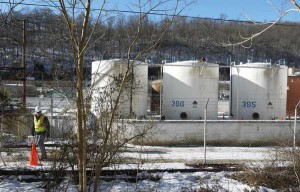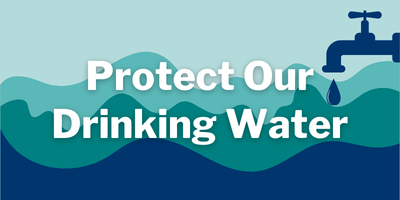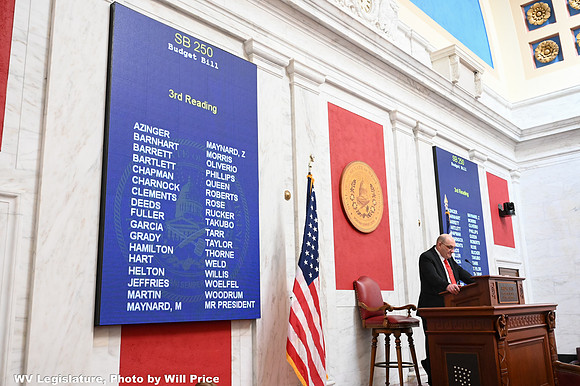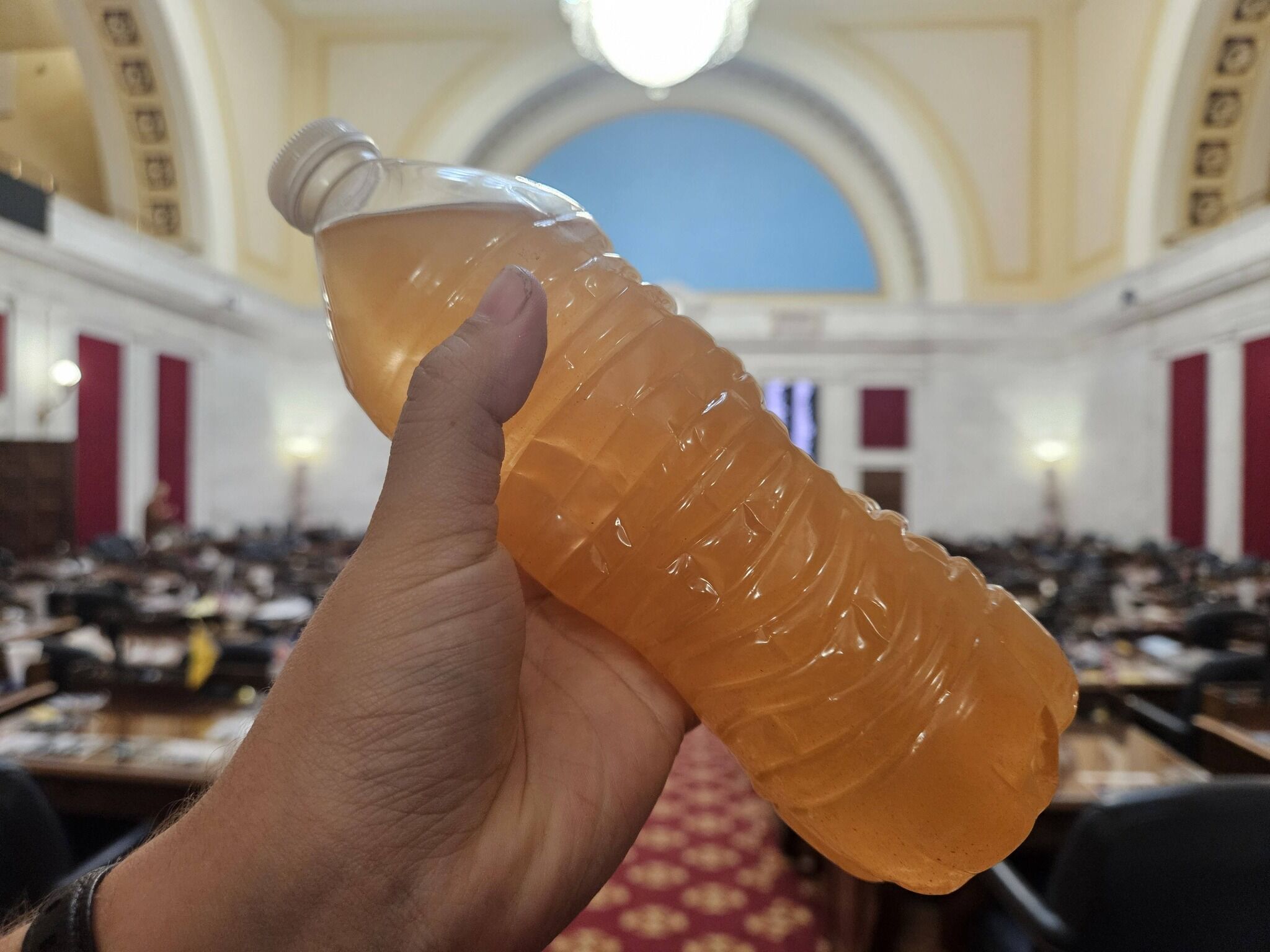- Like
- Digg
- Del
- Tumblr
- VKontakte
- Buffer
- Love This
- Odnoklassniki
- Meneame
- Blogger
- Amazon
- Yahoo Mail
- Gmail
- AOL
- Newsvine
- HackerNews
- Evernote
- MySpace
- Mail.ru
- Viadeo
- Line
- Comments
- Yummly
- SMS
- Viber
- Telegram
- Subscribe
- Skype
- Facebook Messenger
- Kakao
- LiveJournal
- Yammer
- Edgar
- Fintel
- Mix
- Instapaper
- Copy Link
 |
|
|||||||||
|
The House Judiciary Committee passed SB 423 without amendment on Monday evening. We have reason to believe that your voices at last Friday’s public hearing have prevented further weakening of the bill, but we still need to beef it up or kill it altogether. We have something big to ask of you!We need your time! Please, if you are near Charleston, take time to pay a visit to Speaker Armstead’s office (Room 228M) and try to catch him on his way in or out- there is a comfortable reception area if you have 15-20 minutes to wait. Or, hand deliver a note to him reminding him that he spoke in favor of prioritizing (not exempting) and inspecting tanks, which is in keeping with the DEP rule on 373. We know that personal visits are really making an impact!  If you absolutely can’t make it to the Capitol today, this evening, or tomorrow- call him at (304) 340-3210 and leave a message with his secretary Marilyn. Or, if you can’t call him, please email armstead@wvhouse.gov. Also, reach out to your own delegate(s) as this bill makes its way to the floor. Find the directory here: http://www.legis.state.wv.us/house/roster.cfm Remember: SB 423 rolls back inspection requirements. Here’s What We Need from Our Lawmakers: Incorporate DEP’s risk-based rule. SB 423 does not incorporate DEP’s rule and would cause another year will go by without AST regulations in place – other than the initial registration, initial spill plans, and initial inspections. DEP’s Proposed AST Rule (47CSR63) was developed with extensive public input from industry and citizens to implement the Act. The rule divides tanks into three levels and requires more stringent protections for tanks that present the highest risks. Tanks that pose a risk to water supplies must be included. SB 423 exempts approximately 36,000 tanks from regulation under the Act. Roughly one-third of the deregulated tanks are located within 1,000 feet of a river or stream. These tanks should continue to be regulated under the Act as they are most likely to contaminate water if they should fail. Include stringent and explicit standards and accountability for tank and secondary containment integrity. The Freedom Industries disaster could have been avoided by regular tank inspections and mitigated by a well-maintained secondary containment system. It must be remembered that when there is a tank failure, the secondary containment system becomes the primary system: redundancy is the point! Require necessary information for source water protection planning. SB 423 creates new restrictions on disclosure of information that could prevent water utilities from being aware of threats to the water system. Information about the location and contents of tanks, including data on stored chemicals, must be shared with water utilities. Lastly, please take a minute to call or email those House Judiciary members who really championed the cause of safe water for West Virginia! Del. Lane – Vice-Chair (304) 340-3252 Del. Manchin – Minority Chair (304) 340-3331 Del. Skinner – Minority Vice-Chair (304) 340-3248 Del. Byrd (304) 340-3362 Del. Fleischauer (304) 340-3127 Del. Fluharty (304) 340-3270 Del. Hicks (304) 340-3155 Del. Lynch (304) 340-3916 Del. Moore (304) 340-3165 Del. Rowe (304) 340-3287 Del. McCuskey (304) 340-3183 For a group email: patrick.lane@wvhouse.gov, tmanchin@manchininjurylaw.com, stephen.skinner@wvhouse.gov, andrew.byrd@wvhouse.gov, barbaraf@wvhouse.gov, shawn.fluharty@wvhouse.gov, ken.hicks@wvhouse.gov, dana.lynch@wvhouse.gov, clif.moore@wvhouse.gov, larry.rowe@wvhouse.gov, john.mccuskey@wvhouse.gov |
||||||||||
|
From the CAG Action Alert E-mail List |
||||||||||




